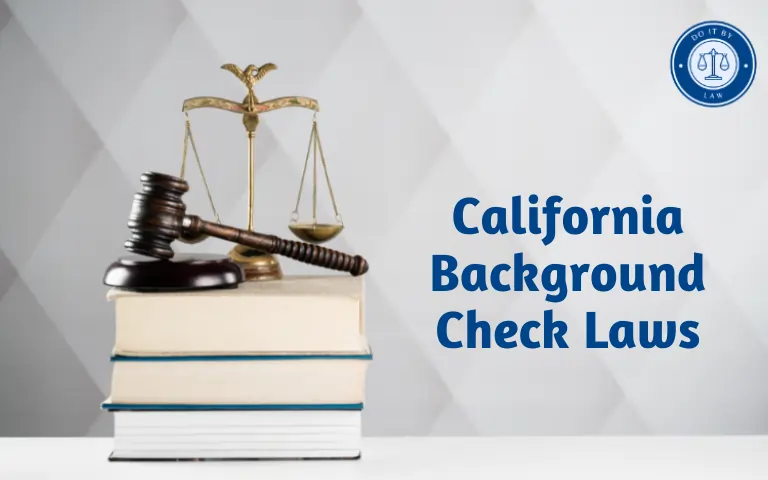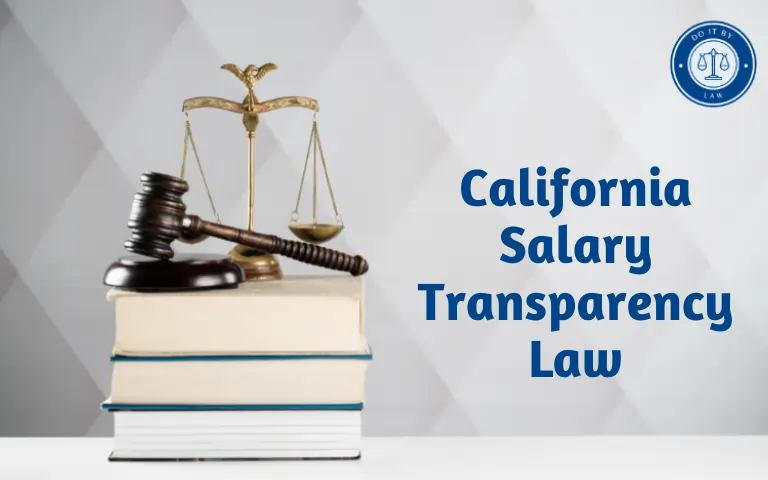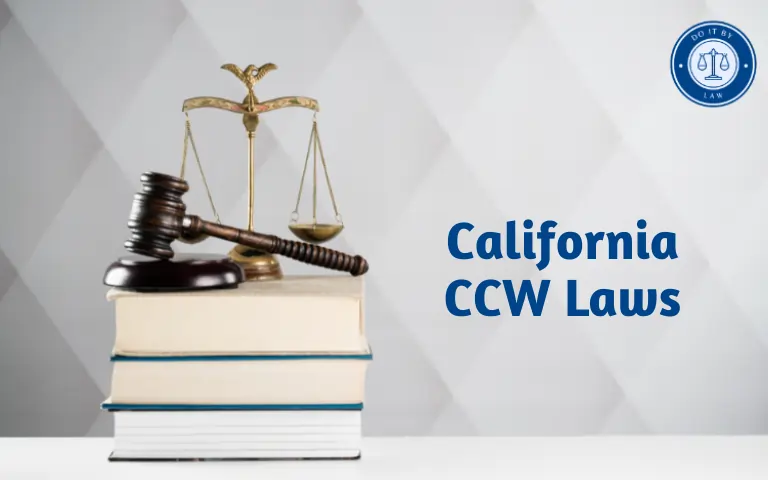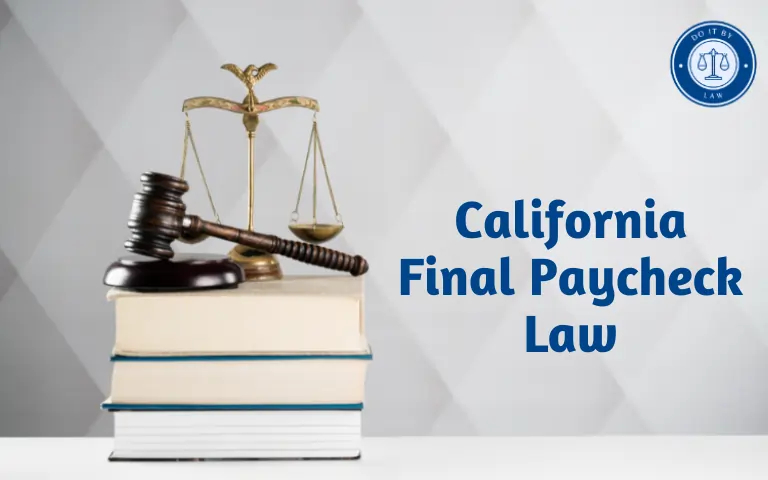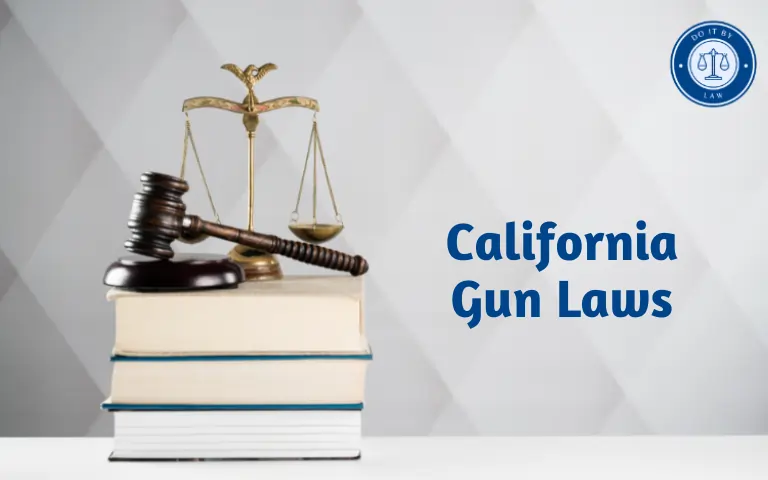California Background Check Laws: What You Need to Know
Background checks in California are governed by a complex set of state and federal laws regulating how and when consumer reports can be used for employment, housing, and firearms purposes. Rules on criminal checks, adverse data, compliance procedures, and required disclosures provide protections for California residents and applicants. Here is an in-depth overview of California background check laws, from consumer rights to employer obligations.
When Were Background Check Laws Enacted in California?
California State background check laws originated in the 1970s with the passage of the California Investigative Consumer Reporting Agencies Act and the California Consumer Credit Reporting Agencies Act—these established requirements for employment and tenant screening checks in the state.
Additional provisions were added over the following decades, including the Seven Year Background Check Law 1998 and California’s Ban the Box Law in 2018. The state has continued updating rules in response to new technologies, privacy concerns, and applicant rights issues around background checks.
Who Do California Background Check Laws Apply To?
California’s background check regulations apply to:
- Employers ordering pre-employment background checks on job applicants.
- Landlords screen rental applicants with criminal checks or tenant reports.
- Staffing agencies, recruitment firms, and gig economy companies.
- Public sector agencies screen volunteers and applicants.
- Gun dealers and firearm purchasers.
- Consumer reporting agencies compiling background check reports.
- Any business or entity procuring background checks on California residents.
Key Provisions of California Background Check Laws
Key aspects of California background check laws include:
- Required disclosures and candidate consent before running employment background checks.
- Restriction on asking about criminal history before conditional job offer.
- Limits on reporting non-conviction arrests, diversions, and dismissed cases.
- Seven-year limit on reporting most negative information.
- Prohibitions on acquiring or using certain information like bankruptcies.
- Rules for pre-adverse and adverse action notification process.
- Guidelines for disputing inaccuracies or incomplete information.
- Special requirements for applicants under 18 years old.
- Restrictions on retail theft databases, credit reports, and investigative consumer reports for employment screening.
- Mandatory Firearms Background Check System for gun purchases.
- Employer liability for violations of background check compliance rules.
Penalties for Violating California Background Check Laws
Companies can face severe penalties for violations such as:
- Failure to provide required applicant notices and disclosures. Fines up to $10,000 per violation.
- Improper adverse action procedures. $750 statutory penalty.
- Considering non-conviction records older than 7 years. Liability for discrimination claims.
- Obtaining credit reports or bankruptcies for employment purposes. Fines of $2,500 per report.
- Including prohibited information in background check reports. $10,000 state penalty.
- Performing background checks without signed authorization. Companies are open to lawsuits.
- Discriminatory use of background checks. The danger of disparate impact lawsuits.
Both businesses and background check companies can face enforcement actions, with minimum penalties starting at $2,500 per violation as well as potential class action lawsuits.
Recent Changes to California’s Background Check Laws
Notable recent changes include:
- Amendment to Seven Year Law in 2021, limiting reporting of all criminal cases to 7 years.
- Expanded employer obligations under Ban the Box from 2020.
- New laws enacted in 2022 place stricter requirements on tenant and employment screening companies.
- Continued legal challenges seeking to overturn restrictions, such as limits on consideration of non-conviction records.
- Proposals to further strengthen FCRA protections for job applicants undergoing background checks.
Several cities like San Francisco and Los Angeles have also enacted their own local background check ordinances. Complying with overlapping state and city rules poses compliance hurdles for California employers.
Debates and Controversies Around California’s Background Check Laws
California’s background check regulations have sparked ongoing debates between workers’ rights groups and business advocates:
- Employers argue rules like the 7-year limit and ban-the-box interfere with making informed hiring assessments.
- Consumer groups say stronger protections are needed to prevent discrimination and ensure accuracy.
- Fair chance advocates want background checks delayed until later in the hiring process.
- Employers want clarity on considering non-conviction cases not covered by the 7-year rule.
- Landlords argue that restrictive application screening rules invade property rights.
- Privacy advocates are concerned about the growth of commercial tenant screening databases.
- Gun rights groups consistently challenge universal background check requirements for firearms purchases.
With employers seeking more flexibility and worker advocates promoting greater restrictions, controversies over the use of background checks in California hiring and housing decisions will likely continue.
Conclusion
California has some of the nation’s strongest background check regulations to protect applicant privacy while ensuring fair consideration. However, its complex framework of state statutes combined with local ordinances poses compliance challenges. As technologies and data sources evolve alongside applicant expectations, debates over balancing rights and risks through background checks persist. While specific provisions face opposition, California’s long-standing limits on negative information reporting reflect a policy stance favoring second chances.

